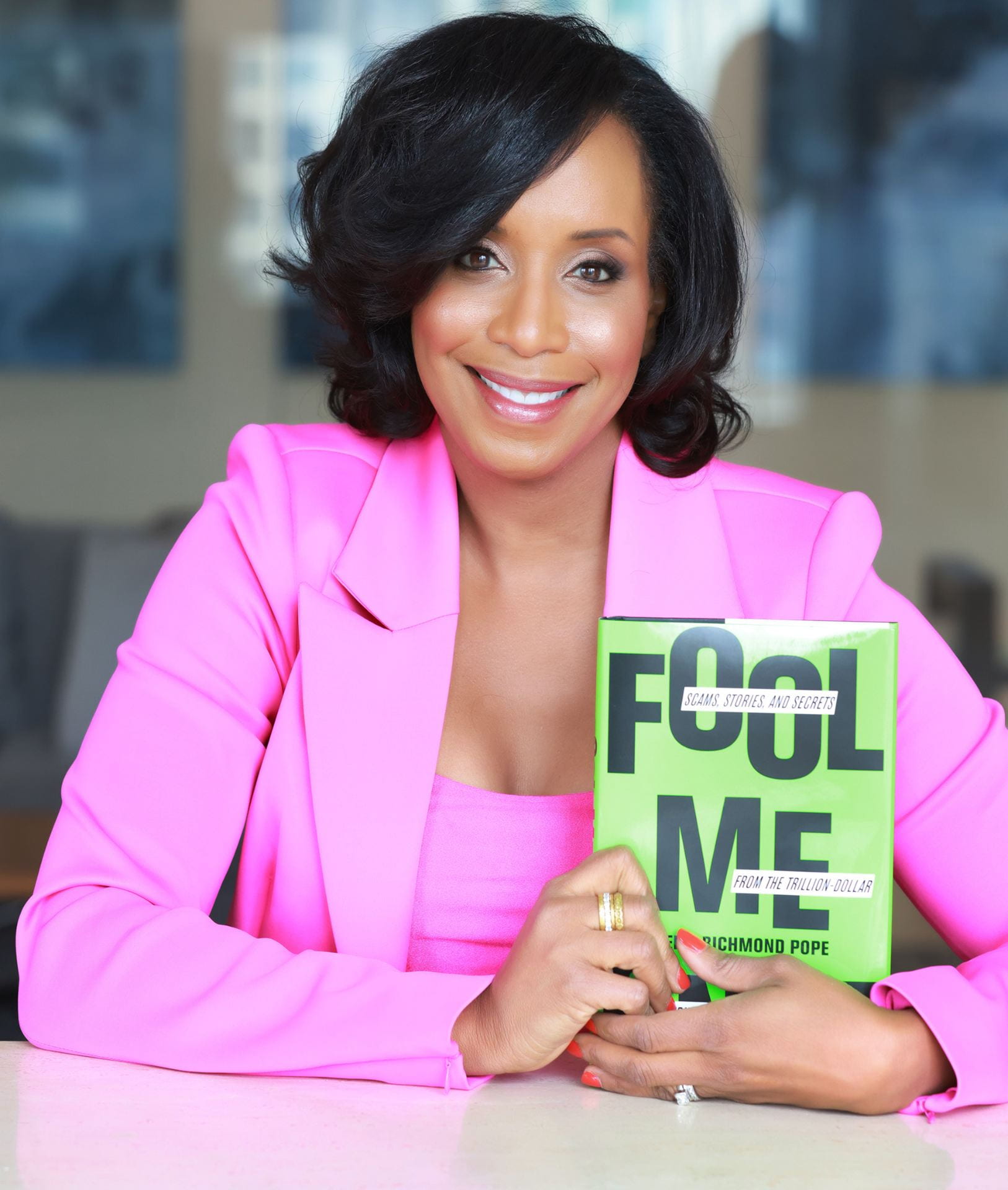Spotlight on Research by DePaul Business Faculty

“My hope is that by humanizing fraud, I can make it more relatable and approachable for people to understand,” says Professor Kelly Richmond Pope of her new book, “Fool Me Once.”
“Anyone can be victimized by fraud, commit fraud or report fraud. No one is immune. I’ve seen so much over the past 20 years and wanted to offer something from the research that people can use,” says Professor Kelly Richmond Pope, whose new book, “Fool Me Once: Scams, Stories, and Secrets from the Trillion-Dollar Fraud Industry,” was published by Harvard Business Review Press in March 2023.
Pope, the Dr. Barry Jay Epstein Professor in DePaul’s School of Accountancy & MIS, is a nationally known forensic accounting expert who has spent the last two decades researching fraud and white-collar crime. Her book is part memoir, part accounting and part fraud analysis, detailing Pope’s extensive research into what makes fraudsters, their victims and whistleblowers tick.
Her book introduces a fraud archetype framework that can assist with analyzing fraud cases. The framework posits that there are different types of perpetrators, whistleblowers and “prey,” as Pope calls them.
Perpetrators can either be accidental (unknowingly committing fraud by simply doing their job or following orders), intentional (purposefully committing fraud) or righteous (committing fraud for the purpose of helping someone, in a Robin Hood sort of way).
Whistleblowers, meanwhile, can be either accidental (unintentionally discovering fraud), noble (coming across fraud but turning a blind eye) or vigilante (seeing something and saying something; these people believe in true justice no matter the circumstance).
“Understanding these types of perpetrators through the years has really impacted my emotions,” Pope says. “I can empathize with the accidental and righteous perpetrators and, yes, even though these people still go to jail, understanding their reasoning is really important. In my book, I argue that all three perpetrator categories can exist in your organization, therefore knowing these categories can assist in developing an organization’s internal controls.”
The categories also serve another purpose: helping people see themselves. “My hope is that by humanizing fraud, I can make it more relatable and approachable for people to understand,” she says. To this end, the book includes a virtual game people can play — Fool Me Once Fraud Experience — to see what type of perpetrator or whistleblower they might be if they were to become one.
Pope is not new to virtual games that aid in learning. She is an innovative educator who created a game-based e-learning platform called Red Flag Mania, which she uses to advance student learning in forensic and investigative accounting.
Pope is also a filmmaker who produced two documentaries on fraud, “Crossing the Line: Ordinary People Committing Extraordinary Crime” and “All the Queen’s Horses,” the latter of which she says was the inspiration for her book.
“Fraud can happen to any one of us,” Pope says. “The more aware you are of your own weaknesses, the more likely you can protect yourself from falling victim to it.”